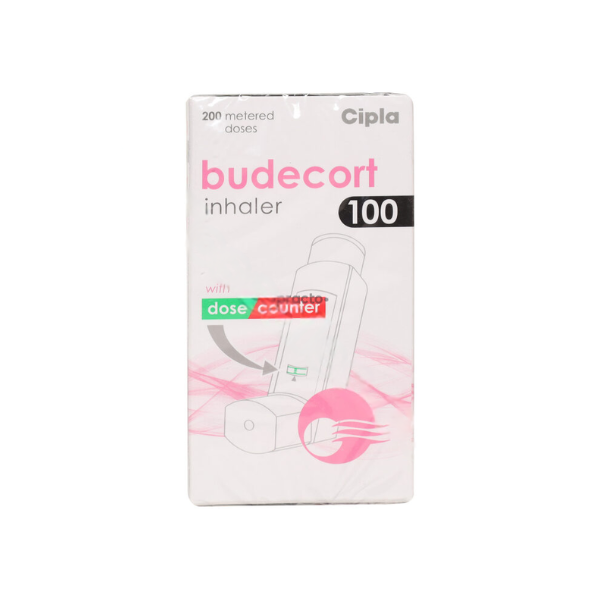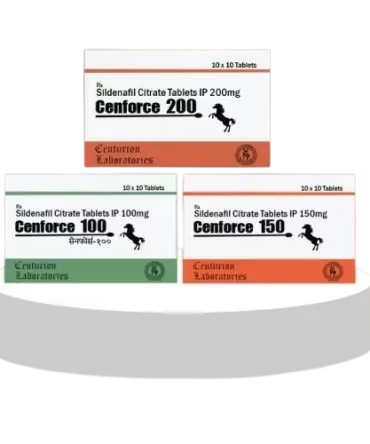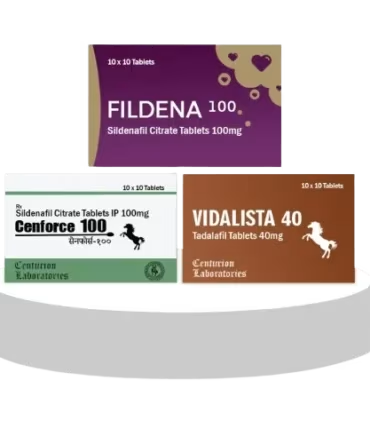Budecort Inhaler: A Complete Guide for Asthma and COPD Management
Budecort Inhaler is a widely used medication for managing chronic respiratory conditions such as asthma and chronic obstructive pulmonary disease (COPD). It contains the active ingredient Budesonide, a corticosteroid that works to reduce inflammation in the airways. By addressing the root causes of breathing difficulties, this inhaler helps individuals breathe easier and manage their conditions more effectively.
Active Ingredient: Budesonide
Budesonide is a potent anti-inflammatory drug that is part of a class of medications called corticosteroids. When inhaled directly into the lungs, Budesonide works by reducing swelling and irritation in the airways, which are common in both asthma and COPD. This action helps to prevent asthma attacks and reduce the symptoms of COPD. Budesonide is designed for long-term management and works to prevent flare-ups rather than providing immediate relief from sudden symptoms. Its localized action in the lungs minimizes the systemic side effects commonly associated with oral steroids.
Indications for Use
Budecort Inhaler is primarily prescribed for the long-term maintenance treatment of:
- Asthma: In adults and children over the age of 6, it helps to prevent asthma symptoms and attacks by reducing airway inflammation and controlling hyperreactivity.
- Chronic Obstructive Pulmonary Disease (COPD): In adults, it serves to control symptoms and prevent exacerbations.
Budecort Inhaler is not intended for the relief of acute asthma attacks or sudden breathing issues. It should be used as part of a regular treatment regimen for ongoing management of asthma and COPD.
Dosage and Administration
The dosage for Budecort Inhaler typically involves 1 to 2 inhalations (100-200 mcg) twice a day, for both adults and children aged 6 years and older. The exact dosage may vary depending on the severity of the condition and individual patient needs. It is essential to follow the healthcare provider’s instructions carefully to achieve the best possible outcome.
Before each use, the inhaler should be shaken well to ensure the correct amount of medication is delivered. Patients are advised to rinse their mouths with water after using the inhaler to help prevent side effects like oral thrush (a fungal infection in the mouth). It is also crucial that patients use the inhaler correctly to ensure that the medication reaches the lungs effectively. Healthcare providers usually demonstrate proper inhalation techniques during patient visits.
Side Effects
As with all medications, Budecort Inhaler can cause side effects. The most common side effects include:
Common Side Effects:
- Hoarseness or throat irritation
- Cough
- Dry mouth
- Headache
While these side effects are generally mild and tend to resolve over time, some individuals may experience more serious issues. These may include:
Serious Side Effects:
- Oral thrush (fungal infection in the mouth): This can be minimized by rinsing the mouth after each use.
- Hoarseness or voice changes: This may occur with prolonged use of corticosteroid inhalers.
- Increased risk of infections: Corticosteroids can suppress the immune system, making it easier for infections to develop.
- Bone thinning: Long-term use of inhaled corticosteroids like Budesonide may increase the risk of osteoporosis or bone fractures.
If any of these side effects become bothersome or persistent, patients should contact their healthcare provider. In rare cases, more severe reactions may occur, such as difficulty breathing or swelling in the throat, which would require immediate medical attention.
Precautions and Warnings
- Not for acute use: Budecort Inhaler is not meant for the immediate relief of sudden asthma attacks or COPD flare-ups. It works over time to reduce inflammation and prevent symptoms, but it will not address immediate breathing difficulties.
- Regular monitoring: Long-term use of Budecort Inhaler requires regular monitoring by a healthcare provider. This includes checking for any signs of side effects such as oral thrush, increased infections, or changes in bone density.
- Pregnancy and breastfeeding: If you are pregnant, planning to become pregnant, or breastfeeding, you should consult with your healthcare provider before using Budecort. While Budesonide has minimal systemic absorption when inhaled, it’s important to evaluate the risks and benefits.
- Drug interactions: Make sure to inform your healthcare provider of any other medications you are currently taking, especially other inhalers, corticosteroids, or medicines that affect your immune system.
Storage Instructions
Budecort Inhaler should be stored at room temperature, away from direct sunlight and moisture. It should not be exposed to extreme heat or cold. The inhaler must be kept out of reach of children, and it should never be punctured or thrown into a fire, even if it appears to be empty.







Reviews
There are no reviews yet.